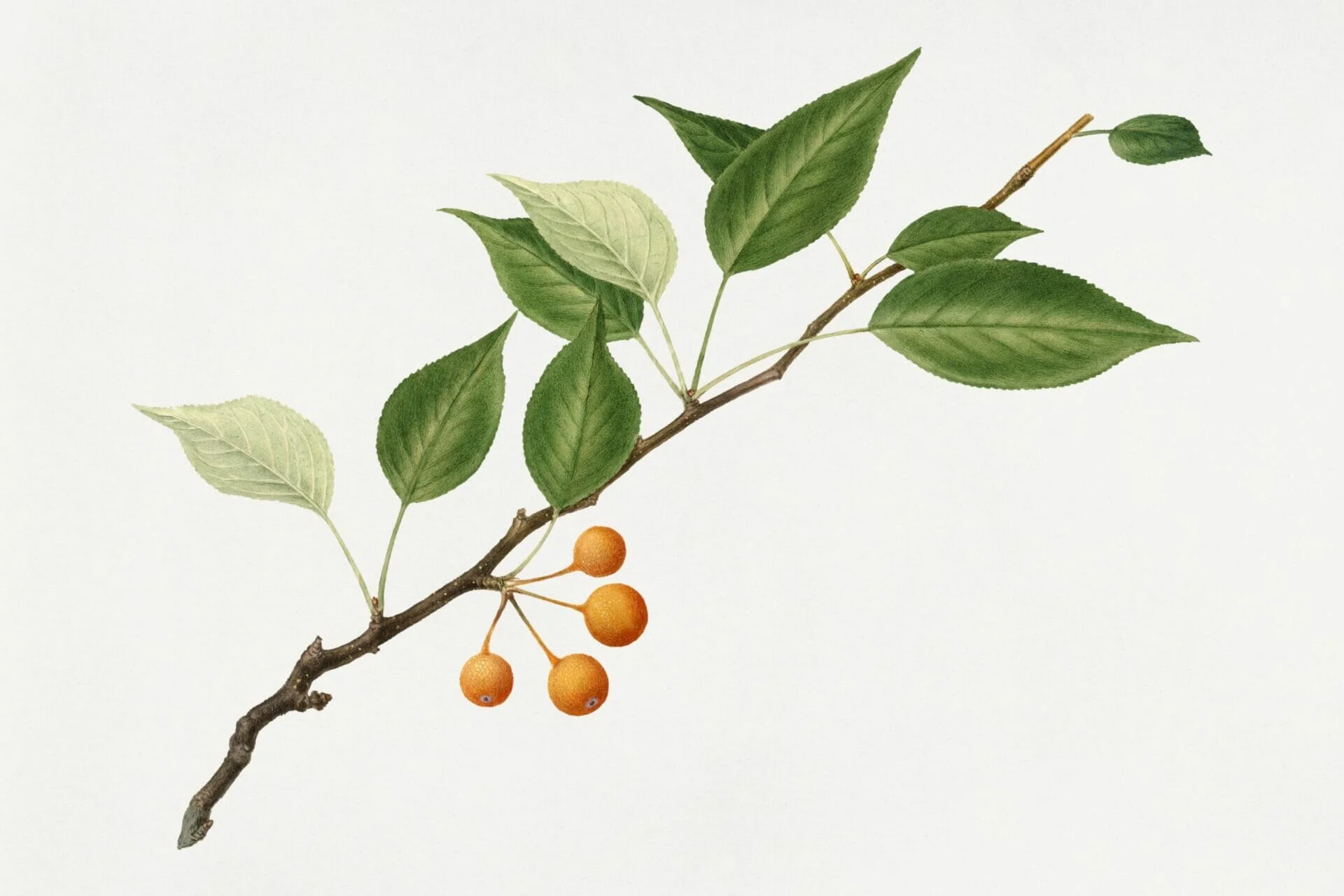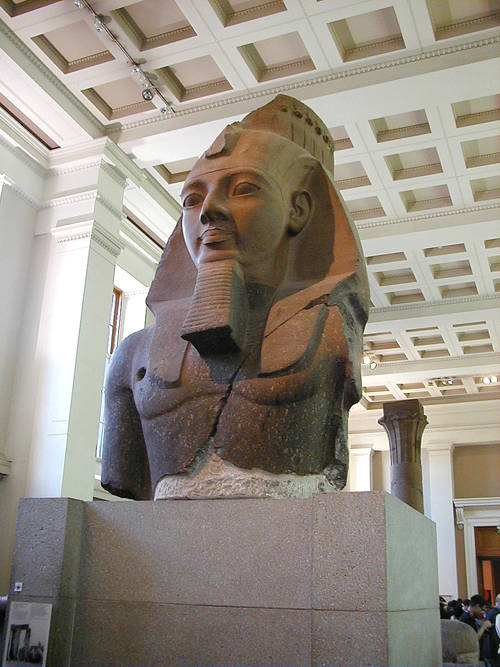
Ozymandias by Percy Shelley | A sonnet of power and decay
Author
Year
Format
Ozymandias has a peculiar genesis. In 1816, the Italian archeologist Giovanni Battista Belzoni removed a huge statue fragment from the mortuary temple of Pharoah Ramesses II at Thebes in Egypt. The statue represented the Pharoah himself, and its destination was the British Museum, in London, where it arrived in 1821. The discovery of the statue sparked the imagination of nineteenth-century Romantic poets. Authors like John Keats, Leigh Hunt, Horace Smith, and Percy Bysshe Shelley challenged themselves with writing an Egypt-based poem.

In particular, Shelley took inspiration from the works of an Ancient Greek historian, Diodorus Siculus. In narrating his voyages and discoveries, he described a huge statue in the middle of the desert and quoted its inscription: “King of Kings Ozymandias am I. If any want to know how great I am and where I lie, let him outdo me in my work”. As a result, Shelley wrote a sonnet called Ozymandias, which was in fact the surname of Ramesses II. It was published in Britain in 1818.
A chronicle from a faraway land
I met a traveller from an antique land
Who said: “Two vast and trunkless legs of stone
Stand in the desert. Near them, on the sand,
Half sunk, a shattered visage lies, whose frown,
And wrinkled lip, and sneer of cold command,
Tell that its sculptor well those passions read
In the sonnet, the books of Diodorus Siculus became “a traveler from an antique land”. In truth, the vagueness draws the reader back to the great desire for exoticism that Romantic writers had. Indeed, faraway lands are full of mysteries and oddities. So, Shelley wanted curiosity and fascination to build up while reading the text.
The focus of the description is on the ruins of the work of art. It is abandoned, destroyed, and covered in sand. The traveler describes the facial expression of the statue, as full of arrogance and haughtiness. Then, he proceeds to read the inscription on his pedestal:
And on the pedestal, these words appear:
My name is Ozymandias, King of Kings;
Look on my Works, ye Mighty, and despair!
A warning for the Mighty
With Ozymandias, Shelley constructs a warning for the mighty of the Earth. The parable of the ancient Pharaoh shows the inconsistency of power, which is ephemeral and fleeting as is everything that concerns humankind. All the great richness and deeds of Ozymandias are nothing but a bunch of abandoned remains in present times. Ergo, powerful people should look at that statue “and despair”, because the punishment for arrogance is oblivion.
Poetry and power
On October 26, 1963, during a ceremony at Amherst College in Massachusetts, John F. Kennedy delivered a speech about the importance of educated citizens and about the role of the artist in modern society. In doing so, he spoke about Robert Frost. Frost was one of his favorite authors, but he was also the poet that read his inaugural address as a newly-elected President. Kennedy was a pioneer in inviting a poet to such a relevant political event. As a matter of fact, this tradition left a trail that continues nowadays, with young Amanda Gorman at Joe Biden‘s swearing-in.
By the way, Kennedy noted that in his works Frost coupled poetry and power. To him, poetry was a means of saving power from itself.
When power leads men towards arrogance, poetry reminds him of his limitations. When power narrows the areas of man’s concern, poetry reminds him of the richness and diversity of his existence. When power corrupts, poetry cleanses. For art establishes the basic human truth which must serve as the touchstone of our judgment.
John Kennedy
Sure enough, a sonnet like Ozymandias shows how real and relevant that statement is. With his poetry, Shelley reduces human pride and highlights the limits of power. Poets should watch over the powerful, as a lesson of humility and judgment.
Tag






